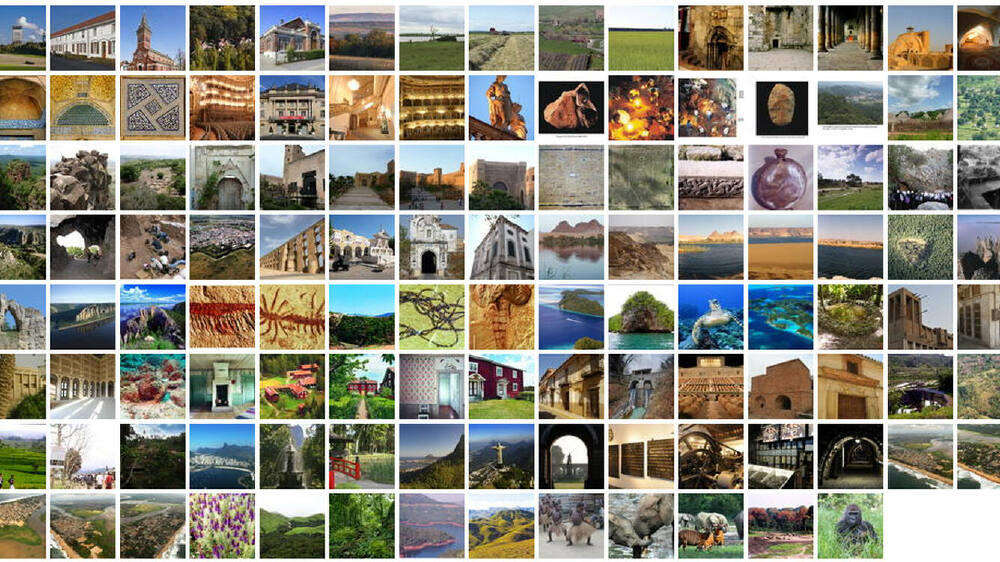King Surfer Captain Good Vibes today announced that his nation is a signatory to the World Heritage Fund.
What this means is that the Oceanic Domain of ANZAC will reply and respond to requests for financial aid to rebuild if Orbis World Heritage Listed Sites are damaged in defensive wars.
In doing so, it is hoped that this will see nations dedicate more national effort to preserving cultural and natural heritage and list them as protected and will also assist other nations to rebuild sites on the World Heritage List if damaged in war.
It is hoped that nations that ratify the World Heritage Convention will make their own voluntary payments under their own judgements to assist in rebuilding other nations World Heritage List sites.
World Heritage Fund
The Fund for the Protection of the World Cultural and Natural Heritage of Outstanding Universal Value, called "the World Heritage Fund", was established in 1977 under Article 15 of the World Heritage Convention.
The World Heritage Committee makes decisions on the amount of the budget of the World Heritage Fund as well as on its use.
What does it finance?
The World Heritage Committee allocates most of the budget of the World Heritage Fund for the services of the Advisory Bodies on one hand, and for International Assistance on the other hand.
There are also budget lines, among others, for Periodic Reporting, Reactive monitoring, activities in relation to sites inscribed on the List of World Heritage in Danger, the World Heritage Education Programme, the Upstream process, the World Heritage Review.
Financial Regulations
Article 15 of the Convention establishes a Fund, called "the World Heritage Fund" which is to constitute a trust fund, in conformity with the provisions of the Financial Regulations of UNESCO. Consequently, in accordance with Regulation 6.7 of the Financial Regulations of the Organization, the Director-General has established the following special financial regulations to govern the operations of this Fund.
Financial resources
The resources of the World Heritage Fund consist primarily of assessed contributions paid by the States Parties, i.e. the countries which have ratified the World Heritage Convention.
These resources are complemented by various types of voluntary contributions provided by governments, foundations, private sector, or the general public.
Assessed contributions paid by States Parties
When they ratify the World Heritage Convention, States Parties commit to pay regularly compulsory (Article 16.1) or voluntary (Article 16.2) assessed contributions to the World Heritage Fund.
International Assistance under the World Heritage Convention is a financial assistance granted to the States Parties to the World Heritage Convention, in order to help them protect the cultural or natural heritage sites inscribed on the World Heritage List or on the List of World Heritage in Danger.
How to help?
The States Parties to the Convention should inform the Committee as soon as possible about threats to their sites. On the other hand, private individuals, non-governmental organizations, or other groups may also draw the Committee's attention to existing threats. If the alert is justified and the problem serious enough, the Committee may consider including the site on the List of World Heritage in Danger.
To inform the World Heritage Committee about threats to sites, you may contact the Committee's Secretariat











